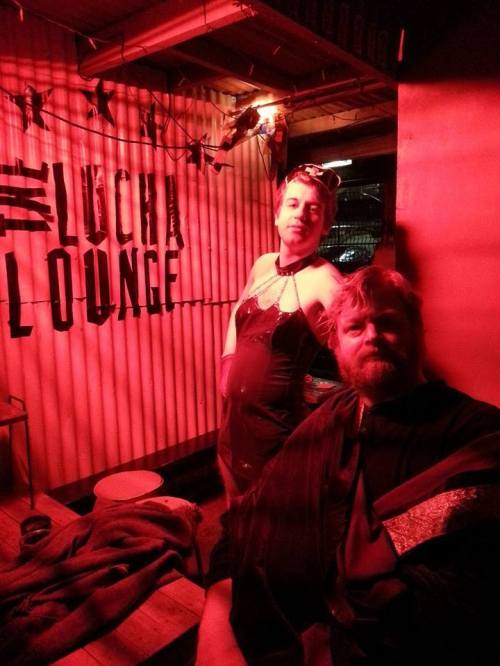Let It Be: A Celebration of the Music of The Beatles

Let It Be: A Celebration of the Music of The Beatles
Presented by Stewart & Tricia Macpherson for Annerin Productions
Musical Direction by Allan Slutsky
The Civic, Auckland | March 26-April 5
Like anyone with any sense of what’s good for them, I love The Beatles. Preparing myself for the worst, I approached Let It Be with a healthy dose of scepticism. So how does a mere facsimile of the real thing hold up?
Surprisingly well, actually.
At its core, Let It Be is a testament to the songwriting and musical talent of The Beatles themselves. For the entire two-hour running time there is not one bad song. The Beatles have left behind an oeuvre so extensive and so high in quality the show could’ve gone on for the whole night with little complaint. It took a about half a dozen songs to wear down my own apprehensions, but by the time Yesterday came on I was hooked. There’s also no denying the one-two punch of hearing Blackbird and Strawberry Fields Forever back-to-back, or the heartrending performance of While My Guitar Gently Weeps.
While it might be The Beatles performed by a tribute band, this is certainly as good as it gets. The calibre of the musicians, Neil Candelora, Tyson Kelly, JT Curtis, Chris McBurney and Daniel A. Weiss, is nothing if not exceptional. If anything the polished sheen of the show is sometimes to its detriment, offering too crisp of a soundtrack that defeats the purpose of watching a live show. After all, we can always return to the albums themselves if we want to hear the song as we remember them. But, if the worst thing you can say about a show is that it’s too slick, then it can’t be that bad. And, for all its practiced perfection, it is never sterile.
With the assistance of wigs and makeup, there’s a passing resemblance to some of the original band members, though sometimes to the point of looking more like wax museum replicas than real life human beings. Attempts to capture personality are moderately successful though somewhat cheesy, but it’s what you’d expect from a tribute show where the essence of an artist is boiled down to a few catchphrases and an accent. Luckily the most important part of the band, the musicianship and vocals, is captured pitch perfectly. Almost eerily so.
Evaluated in theatrical terms, the show is not without some flashy lights, costume changes and fancy video projection, but it’s a stretch to call it theatre or a musical. There are efforts made to transport us back to the early days of The Beatles with old-school videos playing on appropriately outdated fake television sets, chronologically following the growth of the band itself. It’s a nice history lesson, though not particularly extensive, capturing kitsch more than conveying an era. Also, for better or for worse, it certainly makes no attempts to give us an insight into who the band members were as people, so those after a narrative backdrop for the music should look elsewhere. But it accomplishes what it sets out to achieve. It’s a crowd-pleasing tribute show that will charm old and new fans alike. And when the band you are paying tribute to is The Beatles, and you manage to do their music justice, audiences have very little to complain about.
Let It Be avoids the pitfalls of insincerity and soullessness that is sometimes unfairly attributed to tribute shows, often seen as little more than an easy cash cow. The only people who should steer clear of the show are those who don’t have much interest in The Beatles in the first place, but for those of us who do, the show sells itself. Perhaps the biggest compliment I can pay Let It Be, and certainly a measure of its success, is that I’ve found myself returning to The Beatles with a newfound enthusiasm.






